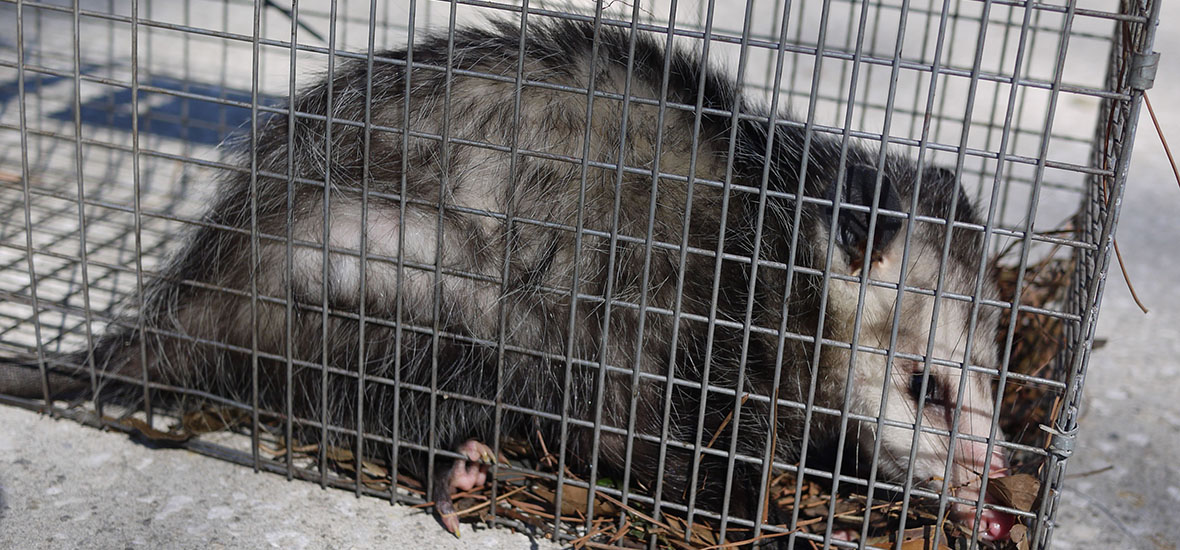- info@Lakewoodpestanimal.com
Call 24/7 for a free quote:
720-574-0249
The Common Symptoms of a Sick Colorado Opossum and What to Watch Out For
Most wild Lakewood animals such as the opossum will not show symptoms when they are sick. Seeing an opossum active during the daytime will not be enough to indicate that they are rabid. In case the animal is acting unusual and you are not seeing any signs of injury, you might want to check this article to find out the common symptoms of their diseases.

Common Medical Condition of Opossums and Their Symptoms
If an opossum is acting erratic, lethargic, and will not react to the changes in their Colorado environment, it is advisable to keep away from them. Do not deal with them personally since you are exposing yourself to the possibility of contracting zoonotic diseases. Call the help of the wildlife rehabilitator or the removal agency to take care of the problem.
Dermal Septic Necrosis
There are different reasons that encourage these bacteria to spread. This will be more prevalent to Lakewood opossums that have hypersensitivity disorder. In severe cases, this may affect the vital organ of the creature such as liver, kidneys, and heart. There are basically two types of this condition; the wet and the dry form. The wet form will appear like a hematoma in their ears while the dry form would be the more common type. The affected skin will be peeled off which will cause bleeding. Indication of this disease can be found on the tail of the possums. The dry form of this condition will affect the length of the tail.
Rabies
This condition is very rare among the Colorado opossums since the rabies virus will not be able to survive in the body of the opossum. Nonetheless, you can still acquire this disease from the bites of the infected rabies. Opossums that have the rabies virus will show excessive salivation, confusion, aggression, and anxiety. They may also appear lethargic and will have difficulty in maintaining their balance. In case you encounter an opossum that is acting in this manner, be sure to call the help of the authority.
Tularemia
This is another rare condition. In fact, it is more uncommon compared to rabies. There are not enough pathogens that can affect the opossum due to their well-developed immune system. Once you are infected with this disease, your body can experience severe damage. Chills, extreme fatigue, lethargy, fever, and skin ulcers are some of the symptoms of this disease. This is an infectious disease so be sure to keep your distance from an opossum that is showing these symptoms.
Every year, hundreds of Lakewood opossums are being killed since people believed that they are sick and rabid. However, an opossum that is acting aggressive and drooling is not a clear indication of the rabies virus or other diseases. It is an act of the creature to intimidate their predator. In order to avoid killing an innocent and healthy opossum, you need to familiarize yourself on the common symptoms of their diseases. Better yet, you should allow the professionals to handle this situation.
Visit our Lakewood wildlife removal home page to learn more about us.

